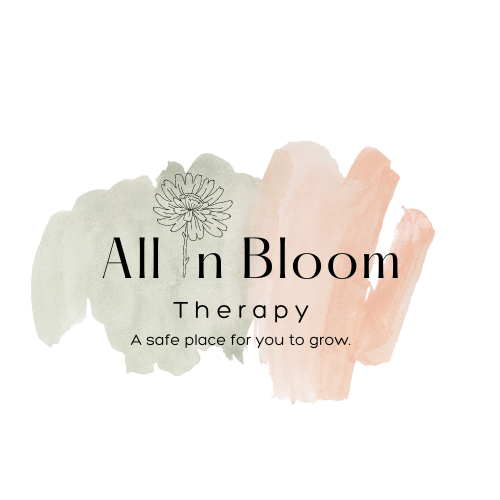Tips for Conflict Management in Relationships

Conflict within relationships is healthy and some may even say it is needed. If you are finding yourself in a conflict with your partner: this is ok. Now, if you find yourself taking turns going back and forth trying to be heard with no end in sight: here are some pointers.
For most of us, we find ourselves engaging in “surface level” conflicts. Staying on the surface of arguments keep us safe. Blaming keeps us safe. Emotional avoidance keeps us safe. It is important to recognize when your behavior is an attempt to keep you safe or if your behavior is self- sabotaging an effective resolution.
Spending hours arguing over how your partner continuously does not follow through with taking out the trash is ultimately safer than taking accountability for the feelings that arise within us when this incident occurs. There have been many couples in my office who identify their fights as “stupid” or “so dumb” because they have spent “so much time” arguing on the same topic repeatedly. The point is, that the fight is not dumb at all. You are just using the surface level topic to speak for your deeper sense of hurt.
Using “I” statements is most likely a therapeutic tool that you have heard of before. Now ask yourself, how often do I use this when in a conflict with my partner? Surface level arguments are easier to debate and ultimately neither of you will be wrong nor right in that battle. However, when you use “I” statements to identify your feelings, these become nearly impossible to debate. “I feel unseen.” “I feel taken advantage of.” “I feel disrespected.” “I feel worthless.” Following through with this method creates vulnerability. If you find yourself resisting to try this, ask yourself why. Being vulnerable is scary for us all and it is okay if it is for you too. Do you feel safe expressing your emotions to this person? Has this person proven to be safe in the past? It is important to recognize that growth within conflict does not need to look a certain way, growth for you may look like, “I am having a hard time being vulnerable with you right now, I need some time to process what I’m feeling.”
The use of “I” statements create space for your partner to experience empathy and deeply connect. Your partner may experience a sense of sympathy when discussing surface level topics, but it is only when there is vulnerability and emotional expression that your partner will have the opportunity to “walk in your shoes.” Surface level topics close the opportunity for depth and new layers of understanding. So yes, maybe you find that this argument is about “taking out the trash,” but what is it really about?
I encourage you to reflect on your past arguments. Is there a reoccurring emotion or theme to them all? Is there a vulnerability that can be shared to strengthen communication?
As with all tips and tricks, I want to fall back on my most overused saying, “easier said than done.” That may be exactly what you’re thinking now. If so, I totally get it. There are so many complexities that are simply not included in this act of guidance. However, if even a piece of this seems to resonate with you, I encourage you to take the time to self- reflect on your conflict resolution skills. Is what you’re doing now working for you?
*blog first seen on Lifestance*

